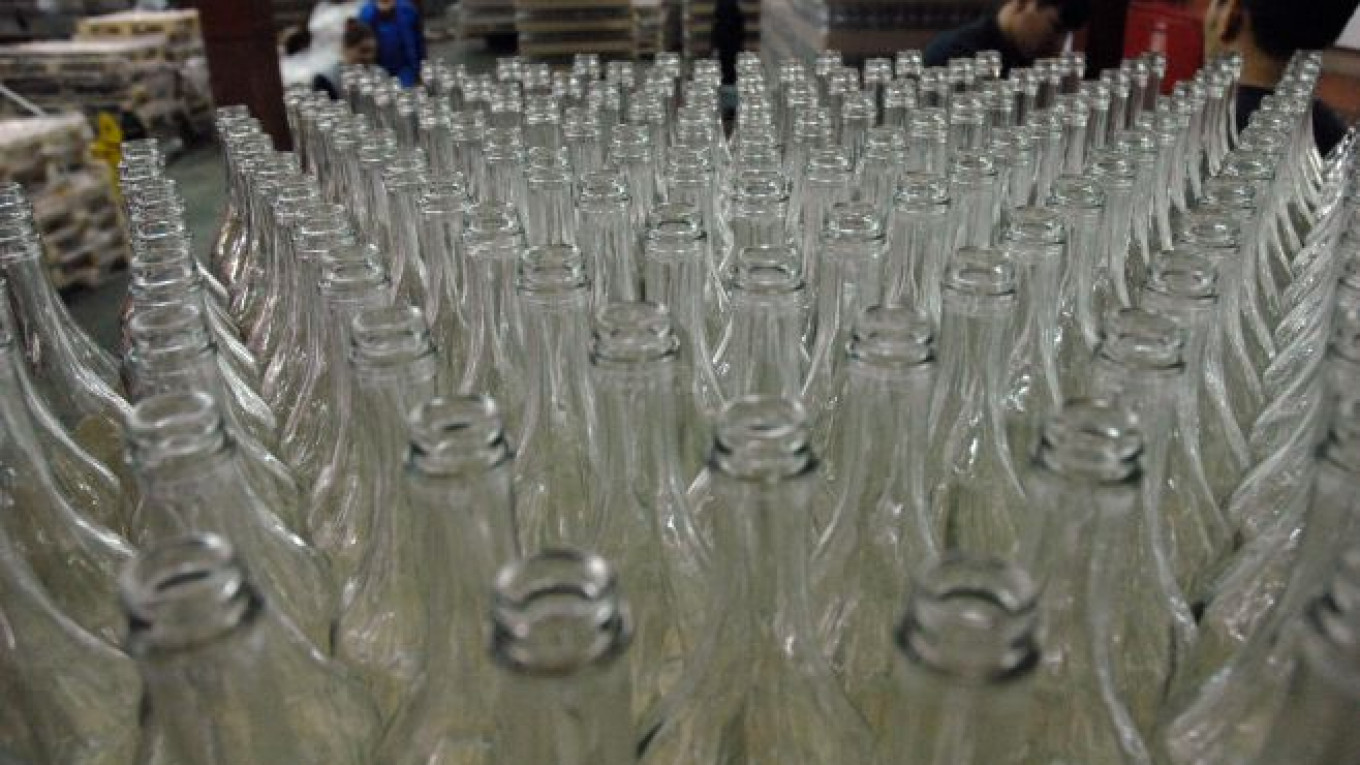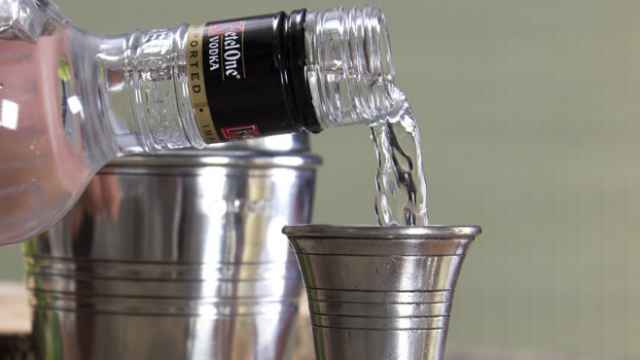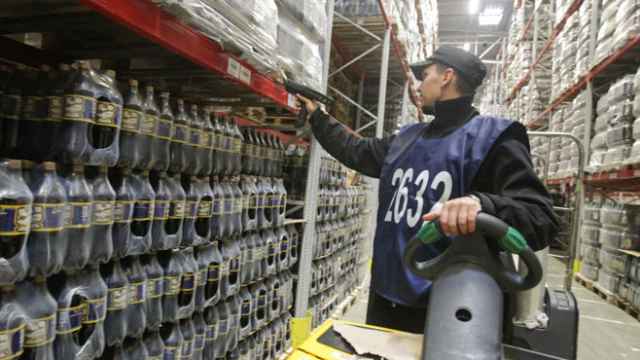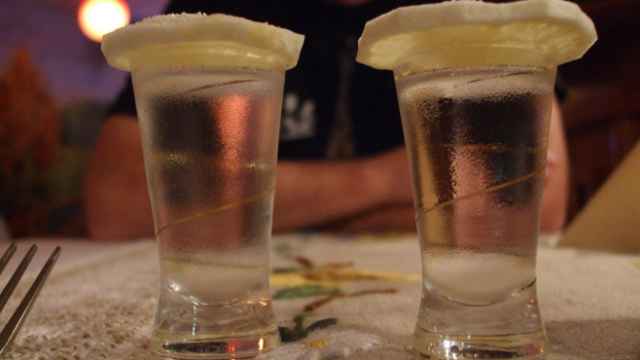In attempt to combat the growing consumption of moonshine, Russia on Sunday lowered the minimum price of vodka to just 185 rubles ($2.60) for half a liter.
Here's how the new law stacks up against past attempts to control alcohol production and prevent the nation's drinking habit from getting out of hand.
In 1895, arguing that independent alcohol producers were making a product of questionable quality, the tsarist government monopolized the production of alcohol. Around 300 state-owned alcohol refineries were set up to produce spirits.
In 1914, in the wake of the First World War, Tsar Nicholas II issued a decree banning the production and sale of alcohol on Russia's territory. Hard liquor was only to be sold at restaurants.
The law, initially intended to last only through pre-war mobilization, was then extended through the whole period of the war. The Bolsheviks kept the tsarist law after the revolution and wide-spread alcohol sales were not resumed until 1923.
In 1958, during the reign of Soviet leader Nikita Khrushchev, alcohol sales were restricted and resumed only after the General Secretary's ousting in 1964.
1985 marked the start of the most famous anti-alcohol campaign, launched by Soviet leader Mikhail Gorbachev, the would-be first and last president of the Soviet Union.
The campaign restricted the retail sale of alcohol and resulted in the destruction of thousands of valuable vineyards in Crimea. It ended in 1987, just before the break-up of the Soviet Union.
A Message from The Moscow Times:
Dear readers,
We are facing unprecedented challenges. Russia's Prosecutor General's Office has designated The Moscow Times as an "undesirable" organization, criminalizing our work and putting our staff at risk of prosecution. This follows our earlier unjust labeling as a "foreign agent."
These actions are direct attempts to silence independent journalism in Russia. The authorities claim our work "discredits the decisions of the Russian leadership." We see things differently: we strive to provide accurate, unbiased reporting on Russia.
We, the journalists of The Moscow Times, refuse to be silenced. But to continue our work, we need your help.
Your support, no matter how small, makes a world of difference. If you can, please support us monthly starting from just $2. It's quick to set up, and every contribution makes a significant impact.
By supporting The Moscow Times, you're defending open, independent journalism in the face of repression. Thank you for standing with us.
Remind me later.






